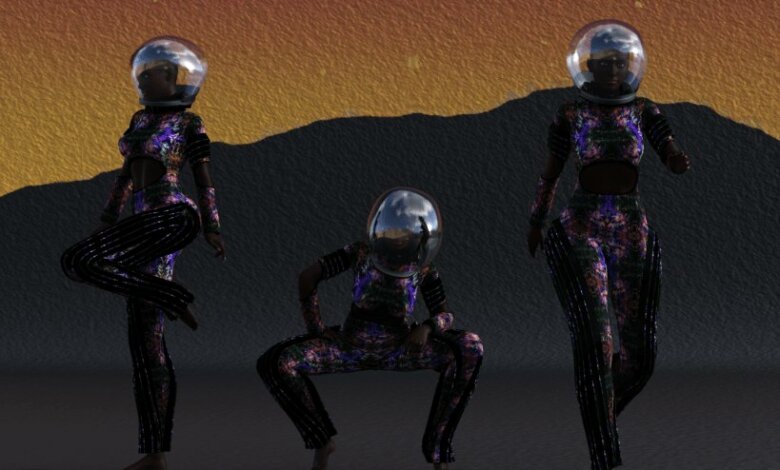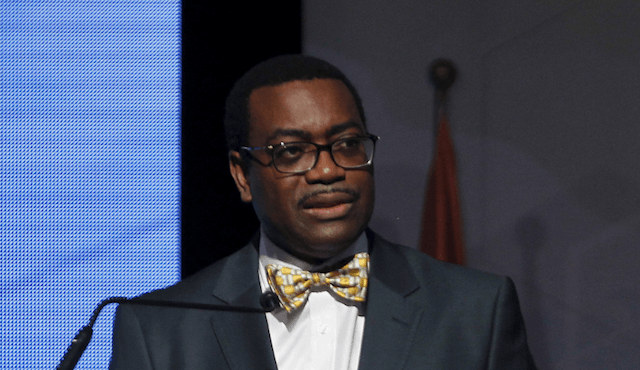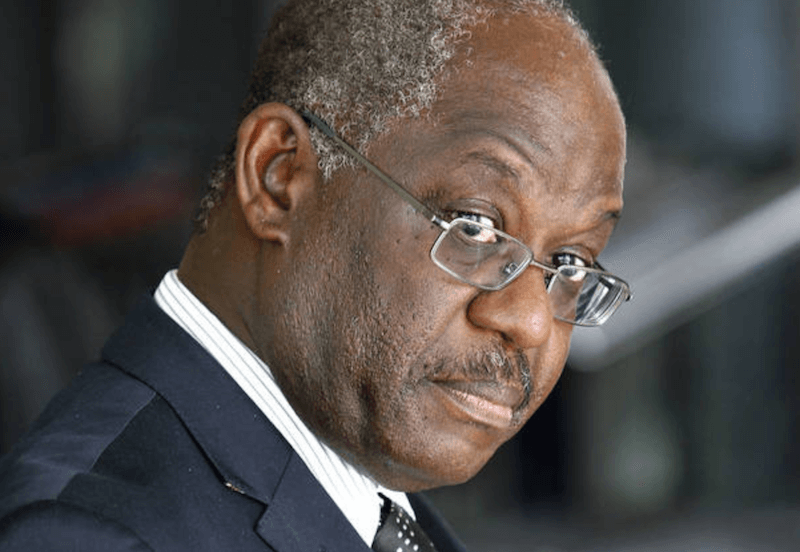Africa’s virtual designers are already preparing for metaverse fashion

Originally published on Quartz by Ugonna-Ora Owoh
“For me the metaverse means freedom,” says Idiat Shiole, a Nigerian virtual fashion designer, “I say that because I’m Muslim. When I worked as a fashion illustrator for most fashion houses, their first impression of me was normally ‘won’t this lady just draw Islamic dresses for us or can she even draw?’ But in the metaverse, nobody cares who you are, they only care what you can do. I just wanted to do what I love without being oppressed.”
In 2018, Idiat Shiole, stumbled on a software called marvelous designer to help her create locomotive 3D models and fabrics. At first she had become a virtual fashion designer only because she didn’t want to find a job after graduating with a degree in Fine and Applied Arts from the Lautech University in Nigeria.
As a designer working between the fashion and gaming industry, Shiole has amassed a huge clientele both locally and internationally. She started her brand, Hadeeart Atelier in order to create print fashion wear and items for gaming clients like Decentraland and fashion and also working with fashion brands like Spatial and OKC to create virtual versions of their clothings and collections, and host virtual fashion shows.
She has also collaborated with big names like Fabricant, the first virtual fashion house on their Season 0. She’s currently working on The Hacedor, a virtual fashion gallery metaverse with a collaborative team.

Shiole’s designs are aesthetically Nigerian and are partly a representation of her—Hijab models, tribalmarked models, braided models.
Even though the metaverse is a relatively new concept, everywhere including Africa, Shiole is part of a handful of African virtual designers making digital outfits in preparation for the metaverse.
What is the metaverse and how valuable will it actually be?
Defining the metaverse is not an easy task. Tech futurist, Cathy Hackl who is regarded as the ‘Godmother of the metaverse’ defines the metaverse as “further convergence of our physical and digital lives.” The metaverse is a virtual space that isn’t just parallel to the physical world but is made up of different worlds where users interact with each other by using their avatars. From the comfort of anywhere, these users can dress for a fashion show, go on adventurous dates, take on jobs, and even shop just by using the virtual reality (VR) headset.

Quartz reporter Scott Nover writes, “Depending on who you ask, the metaverse is either a meaningless buzzword or the next big digital platform…If the metaverse is for real, it’s a chance to rethink what we want our digital lives to be like.”
With the surging growth of the metaverse, there are numerous incomprehensible predictions and estimations. In 2021, the Global Metaverse Market was valued at $63.8 billion with the expectation to surge to $100.3 billion by the end of 2022 and $1.5 trillion by 2029 at 47.6% CAGR during the forecast period. Despite this meteoric rise, the question remains “Does Africa have a future in the metaverse?”
Read Also: PlayStation wants Half its Gaming Experience on PC & Mobile by 2025
A recent Meta commissioned report says that if the metaverse was to be adopted in Africa and grow in a similar way as mobile technology, it could add an additional $40 billion to Africa’s GDP in the next decade.
The loudness of the metaverse may seem to make it recent time but the concept has existed for the past three decades. The term was first coined by sci-fi writer Neal Stephenson in his 1992 novel “Snow Crash” to describe a 3D virtual space. Fast forward to 2021, a Mark Zuckerberg announcement about Facebook changing its name to Meta swept over the internet.
Tech giants have begun to embrace the new technology like Microsoft launching Mesh, a virtual collaboration space for teams that allows employees to interact with online avatars during meetings or Bored Ape Yacht Club creators selling nonfungible tokens NFTs for virtual land in a crypto-based metaverse game at $253 million or Decentraland sales of virtual plots of land for $2.4 million.
African virtual fashion designers are making their entry into the metaverse
When Aisha Oladimeji started making virtual fashion dresses, she didn’t know what she was going into. “All I knew was that I was tired of staying at home due to covid and ASUU [Academic Staff Union of Universities] strikes and I needed something to keep myself sane.” She tells Quartz.
She had seen a 3D collection runway of Congolese fashion designer Anifa Mvuemba and had gone in search of the software used in the creation. For weeks, she taught herself how to be a virtual Fashion designer from the comfort of her home.

Oladimeji’s work is appealing— architectural, haute couture, and textural. Last year, she had a collection titled ECLECTIC which was inspired by experimentational buildings around the world and had showcased at the New York digital fashion week earlier this year. But she thinks Africa’s fashion industry isn’t ready for the metaverse yet. “There is a freedom of expression in the metaverse but I think I’ve seen only a few in the fashion industry ready to learn and start moving towards that direction.”
Africa’s virtual designers have big ambitions for the metaverse, even beyond fashion
During the pandemic, UX Designer Delz Erinle discovered a futuristic idea. “I was consumed with the thoughts of discovering something big, I remember asking myself ‘what if we can tell some people to go shopping using the virtual reality headset?” Foreshadowing a possibility, he contacted artist Niyi Okeowo, an artist, and they made a team of 30 consisting of 3D artists, environment creators, games developer, and 3D modelers—with a common goal— they launched Astra under their creative startup Thrill Digital.


Astra is the first metaverse created by African creators. At first, it came off as a digital fashion studio for fashion brands to create 3D assets of their physical clothing but it is rather now a metaverse with several events. But Astra isn’t just like other metaverses, it operates with an intersection of gaming, crypto, and fashion. Users can play games to earn crypto, go shopping with their avatars or attend events by wearing VR gadgets.
“The future of Astra is to figure out ways to continuously provide utility for people in the metaverse, they don’t see it as a game or social media but something that is useful for them in their day to day life. I hope there will be a time when people will jump into 3D space without it being laggy,” says Erinle, who is keen on strengthening the blockchain system to other parts of the world, not just in Africa to create better internet experiences.
Read Also: “We’re celebrating 1 billion trips in Africa,” says Uber
Is Africa’s fashion industry ready for the metaverse?
Africa’s fashion industry is said to be worth over $31 billion (pdf), summing a revenue of $8.6 billion in 2022 and a revenue prediction of $13.5 billion by 2025 with a CAGR of 16.4%. However, even among millennials and GenZ, there is still an unfortunate bias towards imported clothes as compared to local African brands. Only time will tell if African digital fashion will be able to effectively capture a sizable share of this market, even locally.
Africa’s fashion industry is very restrictive with their ideologies and though the metaverse would boost the economy, the industry is most worried about the consumers of its digital assets. So creating collections as blockchain collectible isn’t just enough to get the industry to the metaverse.
It will rather take the industry a huge effort in building a Metafashion audience before creating a huge consumer base for its collectibles and the industry is yet to make progress on that. As the industry is still very young, everything is still up to speculation, but it is a promising sign that there are a few African artists already carving a place for themselves in the global metaverse fashion industry.
Ugonna-Ora Owoh is a journalist living in Nigeria who writes on multi-sectoral topics. He has written for publications like Vogue US, Vice, The Independent, OpenDemocracy, Artsy, OkayAfrica, Vogue Business and others. You can follow and find his works @ugonnaoraowoh on both Twitter and Instagram
Abeeb Lekan Sodiq is a Managing Editor & Writer at theafricandream.net. He is as well a Graphics Designer and also known as Arakunrin Lekan.





